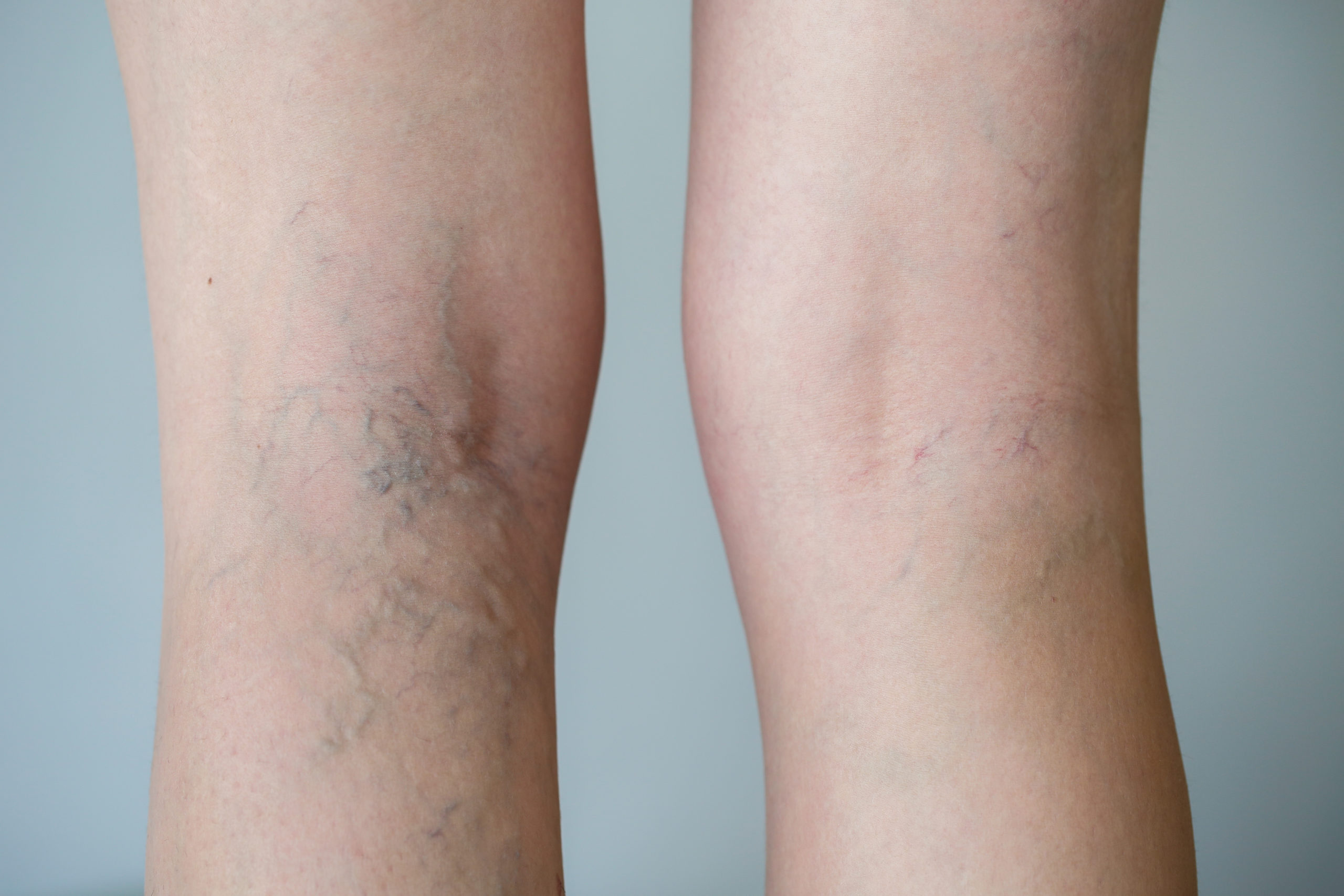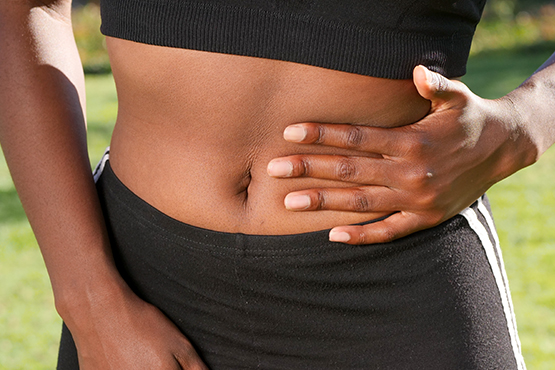Women’s Health
Uterine Fibroids

Uterine Fibroids
Uterine fibroids are non-cancerous growths in the uterus that can develop during childbearing years. Our team specializes in the surgical removal of painful or obstructive uterine fibroids. Like some of the vascular procedures, this treatment can be performed in-office as a minimally invasive, surgical procedure.
Risk factors:Family history of fibroids, obesity, or early-onset of puberty
Primary symptoms:Heavy menstrual bleeding, prolonged periods, and pelvic pain
Diagnosis:Full examination by a gynecological provider, abdominal ultrasound and/or transvaginal ultrasound.
Treatments:Medication, minimally invasive in-office procedure
Varicose Veins
Varicose veins can affect both men and women, but they are more common in women during and/or after a pregnancy, or when there is a family history of varicose veins. Many varicose veins are the result of venous reflux disease, but others can be sourced back to gravity and pressure complications during or after pregnancy.
Risk Factors:History of vein disease, prolonged standing or sitting, pregnancy, childbirth.
Primary Symptoms:Visible, painful, new varicose veins, fatigued/heavy legs, aching legs, swelling, or itchy skin where varicose veins appear
Diagnosis:Consult with a healthcare provide, vein mapping, venous ultrasound
Treatment Options:Consult with vascular provider, compression stockings, vein procedures.
Varicose Veins

Pelvic Congestion Syndrome

Pelvic Congestion Syndrome
PCS (pelvic congestion syndrome) occurs when veins in the pelvic area become compressed and block blood flow to vital organs and extremities. PCS is difficult to diagnose because its main symptom, pelvic pain, is also linked to other reproductive conditions. If a Gynecological Provider rules out all other conditions, it is advised to see a vascular specialist to rule out PCS as well as uterine fibroids.
Risk factors:Pregnancy, obesity, history of vein disease, chronic venous insufficiency
Primary Symptoms:Pelvic pain, pain during intercourse, pain while standing relieved by laying down
Diagnosis:Full gynecological workup, pelvic/abdominal ultrasound
Treatment Options:Minimally invasive in-office procedures
